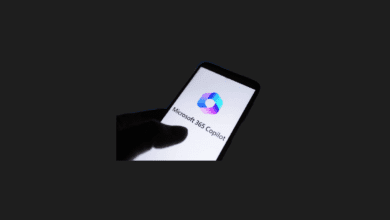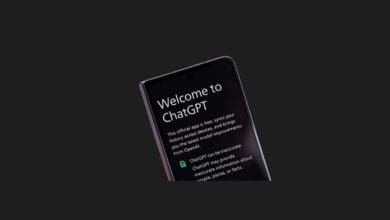Microsoft’s Bing Chat Expands to Chrome and Safari
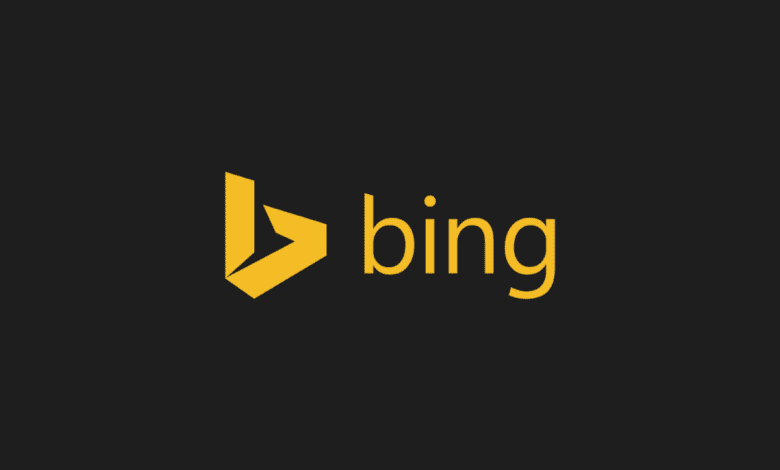
Microsoft is currently conducting tests on its AI chatbot, Bing Chat, granting access to a select group of users on Google Chrome and Apple Safari.
Caitlin Roulston, the Director of Global Communications at Microsoft, has stated, “In our efforts to test across different browsers, we are providing select users with access to Bing Chat on Apple Safari and Google Chrome. We are looking forward to expanding access after completing our standard testing procedures.”
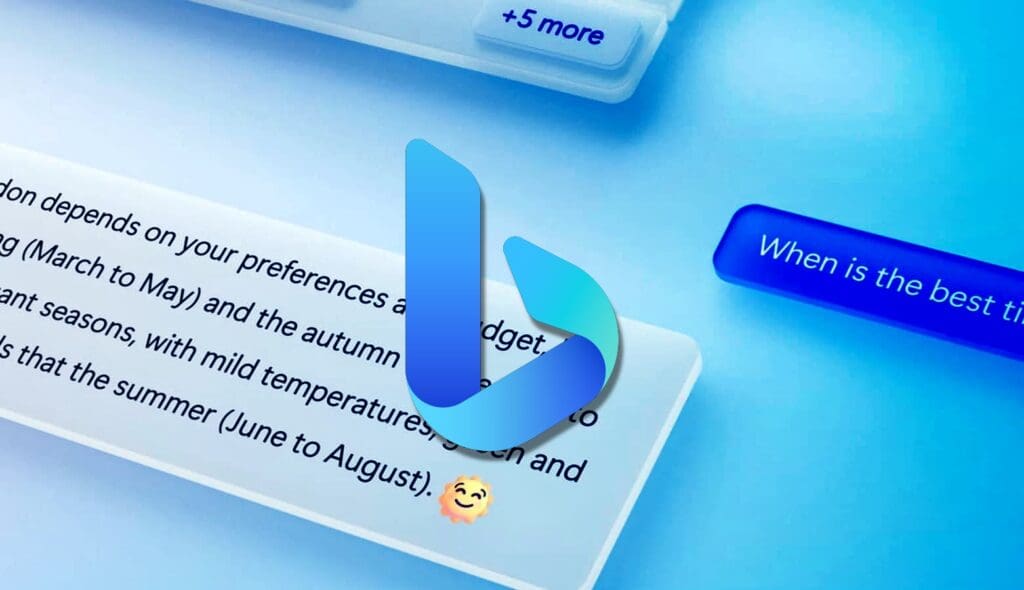
As technology giants increasingly integrate AI-supported chatbots to improve user experiences, Microsoft, a leading American technology company, has incorporated artificial intelligence into Bing. This move follows the growing interest in ChatGPT and marks a significant milestone for Bing, which has now reached 100 million daily users, thanks to its collaboration with OpenAI. Microsoft has started offering limited access to Bing Chat on Google Chrome and Safari.
Upon concluding the testing phase, Microsoft plans to make the AI chatbot available to all users of Apple Safari and Google Chrome.
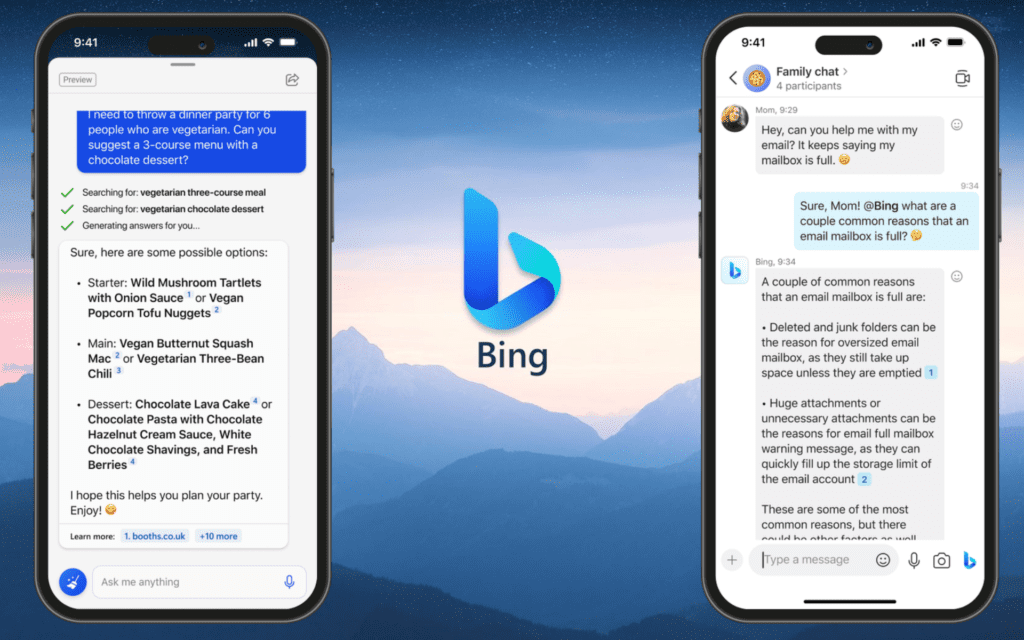
Caitlin Roulston, Microsoft’s Director of Global Communications, elaborated, “As part of our browser testing, we are allowing access to Bing Chat on Safari and Chrome for a select group. We aim to extend access to more users after our standard testing protocols are finished.”
Users of Windows who have tried out Bing’s AI chatbot have reported seeing a popup in their Windows 10 or 11 taskbar, inviting them to test Bing AI in Chrome. Users can also experience this feature by visiting Bing.com in their browser of choice and clicking on the “Chat” icon. However, there are certain limitations to using Bing Chat on Chrome and Safari. While Bing offers a 4,000-word limit in Edge, this limit is reduced to 2,000 words in other browsers.
Microsoft has been somewhat reserved in sharing details about the start of the expansion to other browsers, the platforms that are supported, or whether the testing will be extended to users worldwide.
You may also like this content
- AI Tools Are Coming to Opera Android: Here Are the Innovations
- Amazon Introduces Highly Ambitious Next-Generation AI Chip Trainium3
- OpenAI Is Losing the AI Race: “Emergency” Declared for ChatGPT
Follow us on TWITTER (X) and be instantly informed about the latest developments…





